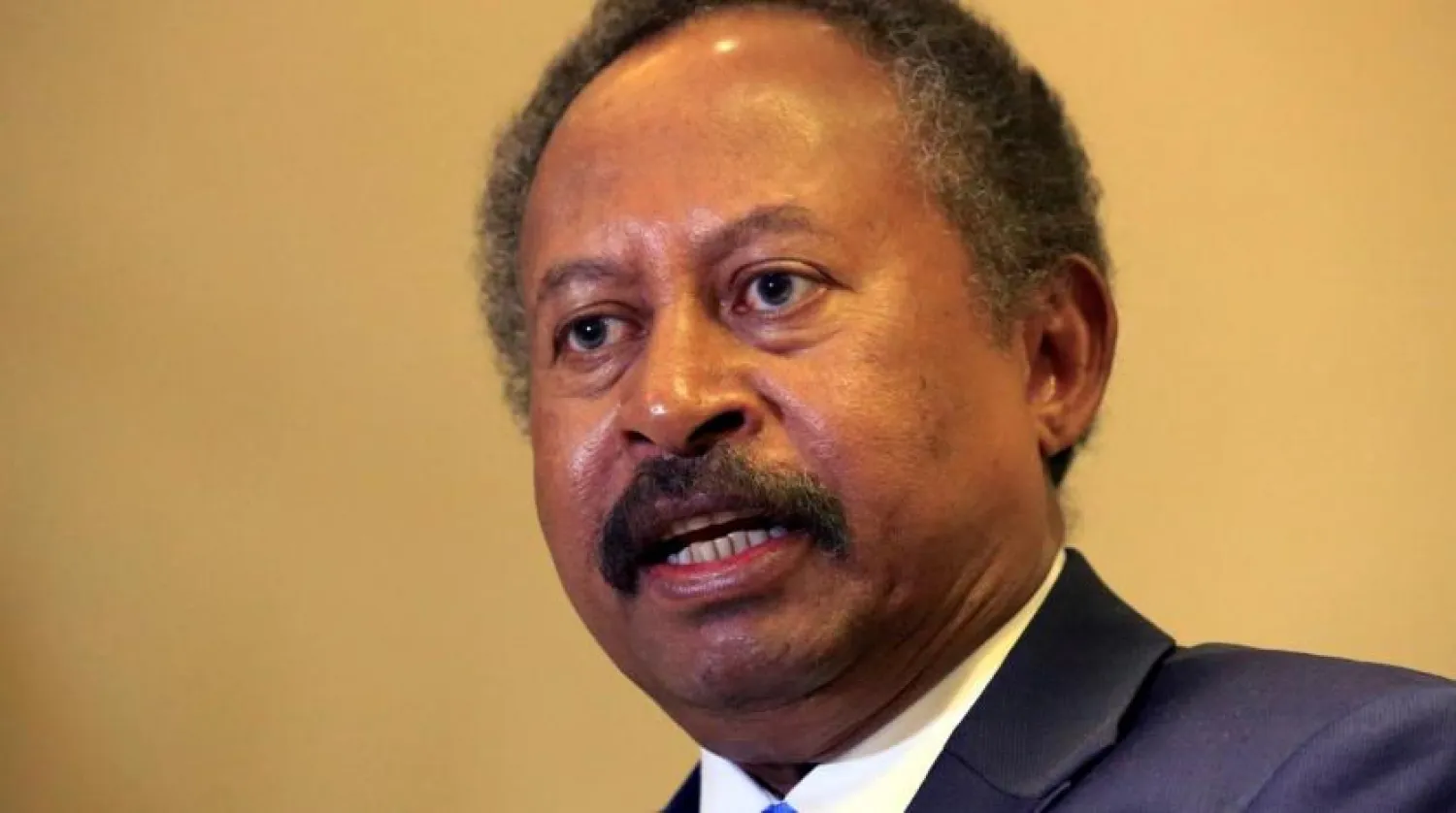Sudanese Prime Minister Abdalla Hamdok has affirmed that no red lines should be set in the country’s peace process. His comments were made a day before talks between the government and Abdelaziz al-Hilu’s Sudan People's Liberation Movement (SPLM-N al-Hilu) were resumed.
The government received an official invitation from the South Sudan mediation team to resume peace talks via videoconference on Tuesday.
Spokesman of the government delegation Mohamed Hassan al-Taishi said the scheduled negotiations are set to tackle three issues.
“These are cessation of hostilities, humanitarian issues and resumption of talks on the Declaration of Principles signed between the two sides in Juba, the capital of South Sudan.”
In a statement on Monday, Taishi noted that the government is ready and keen to continue the dialogue to break the stalemate in negotiations with the SPLM-N.
He stressed that it aims at achieving just and comprehensive peace, which addresses the issues of war and peace in Sudan.
Previous rounds of negotiations were stalled due to the SPLM-N al-Hilu’s adherence to its long-standing position regarding a secular state against the right to self-determination for the Nuba Mountains and Blue Nile regions.
The government delegation had made several proposals to overcome the existing differences over the religion-state relations, but the two parties failed to reach a joint agreement to address the issue.
Hamdok received a letter from the resistance committees, urging the government to speed up with the peace process, as well as many current issues.
It is noteworthy that these committees led to the popular movements to overthrow ousted President Omar al-Bashir’s regime.
They called for mass demonstrations on June 30 to pressure the transitional government to implement the revolution’s goals.
According to a statement by the Premier’s office, the letter expressed the country's immediate need for peace, being the most important issue for achieving social peace through continuous dialogue.
Hamdok urged the resistance committees to refrain from undermining the achievements made by the revolution, pointing out that toppling the isolated regime with all its violence and tyranny was a major and significant step.
He said the letter submitted by the committees include an integrated work program, which comes in line with the revolution’s goals.









